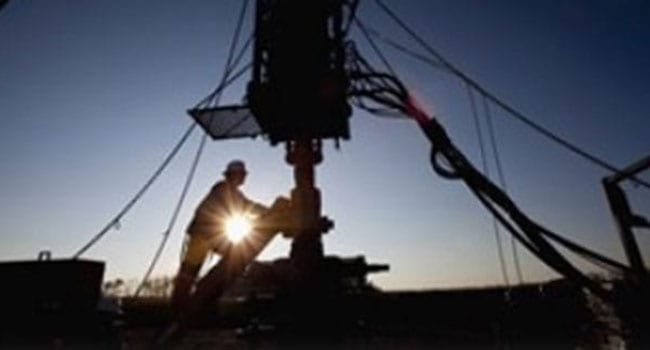Alberta is experiencing its third deep recession in less than a decade, owing to the one-two punch from COVID-related restrictions and the oil price collapse, says a new report released Wednesday by TD Economics.
“On a brighter note, recent improvements in oil prices and progress in reopening the economy suggest that the the worst is in the rear-view mirror. However, a long, arduous recovery period awaits the province’s economy,” it said.
The report forecasts the Alberta economy to fall by 7.9 per cent this year after contracting by 0.6 per cent in 2019. In 2021, TD is forecasting 5.7 per cent growth in the province’s economy.
The report said employment in the province will dip by 8.7 per cent this year but rise by 6.3 per cent next year. The unemployment rate is expected to rise from 6.9 per cent in 2019 to 12.2 per cent in 2020 before falling back to 9.6 per cent in 2021.
The report said the freefall in oil prices in the March-April period prompted producers in Alberta to slash capital spending plans and cut production by a reported one million barrels per day (slightly more than 25 per cent of production).
“As a result, Alberta’s oil output has been hit harder during this year’s pandemic relative to the 2014 oil price shock. Since May, a recovery in WTI prices back up to around $37 per barrel has provided a much-needed lift to sentiment. Additionally, the reduced production in Western Canada has supported a narrowing in the WCS-WTI price spread in recent weeks. Still, with little further upside in prices expected over the near term, capital spending plans are likely to remain subdued,” said the TD report.
“This year’s recession is dealing a further blow to labour markets, which had yet to heal from the 2014 oil price shock. Indeed, Alberta’s unemployment rate is now projected to be the highest outside of Newfoundland & Labrador this year. In turn, this unfavorable backdrop will weigh on already-wary consumers and housing markets.”

